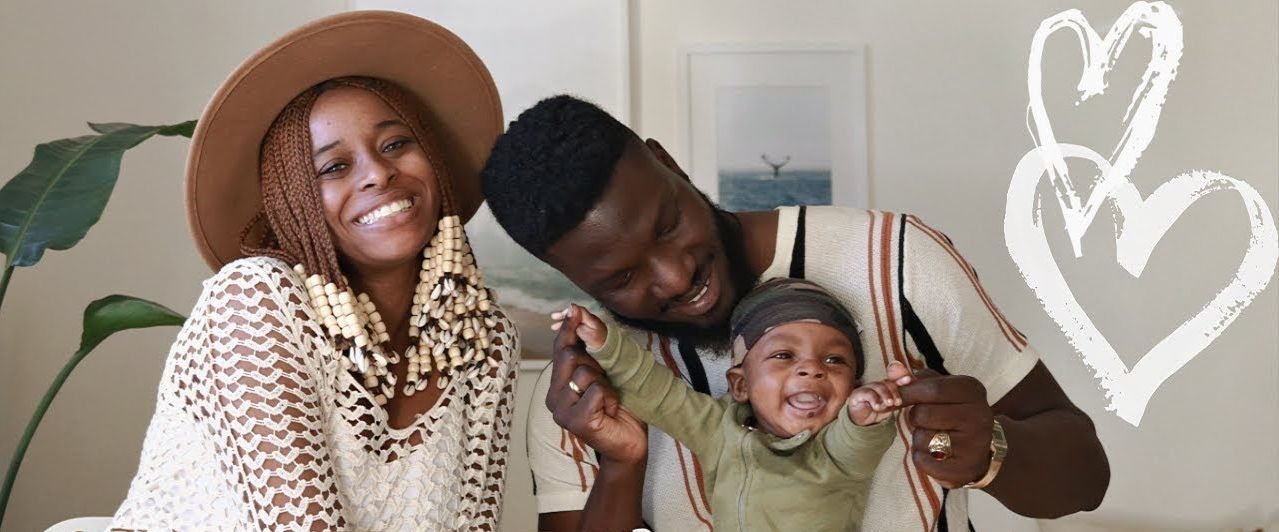Parents guide to talking sex and sexuality

Sex and sexuality should ideally be taught to kids by their parents. Waiting too long or neglecting the talk altogether would subject them to learning from their peers. In such cases, there is no guarantee they will learn the proper information needed for healthy relationships and love.
Conversations on sex and sexuality allow for openness between parents and other areas of their lives, making you closer. So how best can a parent deliver these talks, you ask?
The birds and the bees…

In English, the phrase “the birds and the bees” refers directly to sexual intercourse and courtship. Most of the time, parents will give this talk at a point in their child’s lives to teach where babies come from. Using the phrase “the birds and the bees” makes people more comfortable due to the euphemisms involved.
In some foreign cultures, this is the story parents told their children to help explain the positive results of sexual intercourse. Why? because the immediate effects are obvious in bees that fertilize flowers and birds which lay eggs.
When Do We Talk about the Birds and the Bees?
 Child psychologist Peadar Maxwell says it is never too young to tell children the ‘facts of life’. “Parents can start talking to their child about life from pre-school age by teaching them the real names for body parts and not being embarrassed about the human body,” he says.
Child psychologist Peadar Maxwell says it is never too young to tell children the ‘facts of life’. “Parents can start talking to their child about life from pre-school age by teaching them the real names for body parts and not being embarrassed about the human body,” he says.
“Young children do not need to know about sexual acts but they can have their questions answered truthfully about where babies come from. Also about body hair and breasts and menstrual cycles etc.”
“Although embarrassing for some people, most children will accept a minimal amount of information without fuss. The fifth class is a good year developmentally to start giving more details, but it really depends on your child’s emotional state.”

Dos
- Try to encourage openness about sex and sexual questions.
- Stick to the facts and use real names for body parts and acts.
- First conversations about sex can stay on the edge of the topic. You and your child can build up comfort and trust around the topic afterward.
- Try to stay open to answering whatever questions your teenager asks.
- Above all, let your child know you love them unconditionally and praise them for sharing their feelings.
Don’ts
- Don’t lecture or preach to your youngster
- Don’t worry too much about embarrassment. You will both feel awkward so just put it out of your mind and remember you are your child’s most reliable source of information.
- Don’t overwhelm your child, as too much too quickly can be a lot to absorb.
- Don’t avoid answering questions.
- Don’t take anything for granted.
Sign Up to Our Newsletter
Get notified about exclusive offers every week!














